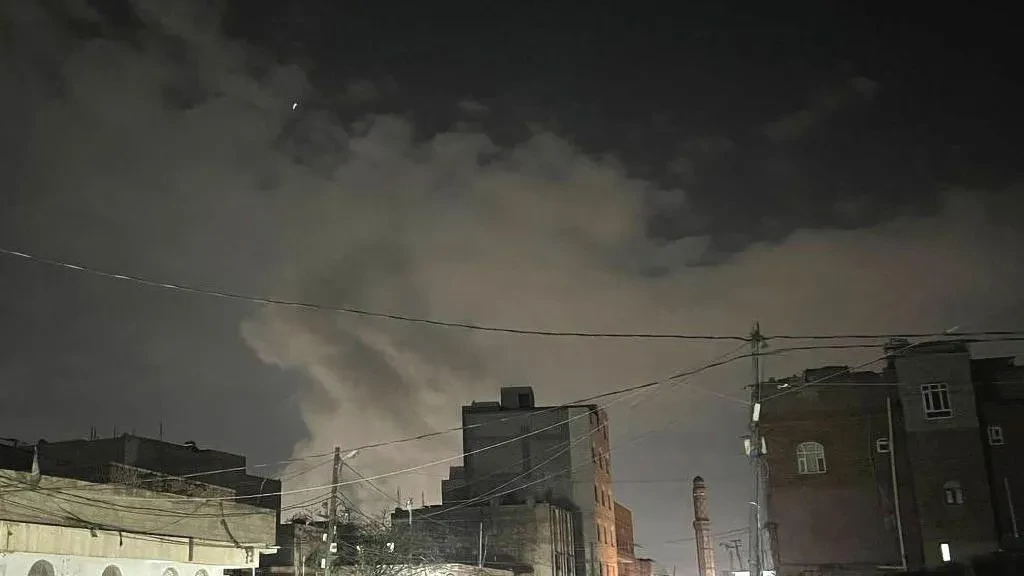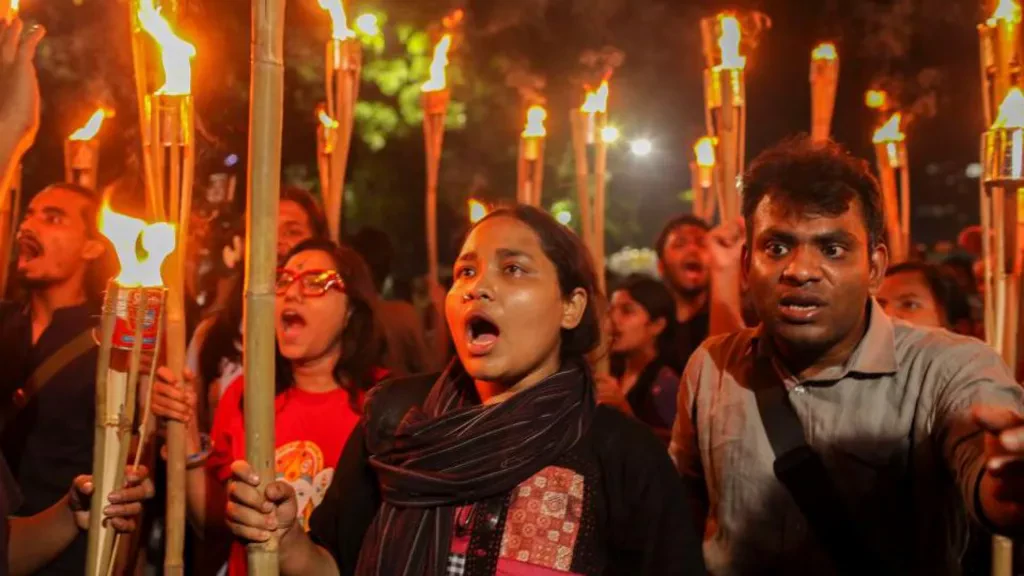Taliban arrests Afghan girls' education activist

March 28: A prominent Afghan campaigner for female education has been arrested by the Taliban, even as teenage girls and women remain barred from classrooms.
Matiullah Wesa, 30, who has travelled to remote parts of the country trying to improve access to education for all children, has often received threats.
The Taliban has not said why Wesa was taken into custody.
His arrest comes amid the detention of a number of activists who have been campaigning for women's education.
In February Prof Ismail Mashal, an outspoken critic of the ban on education for women was arrested in Kabul while handing out free books. He was freed on 5 March but has not spoken out since then.
Wesa has been campaigning for girls' right to study since the Taliban barred female education in 2021.
His last tweet - on Monday, a day before his arrest - was a photo of women volunteers for Pen Path "asking for the Islamic rights to education for their daughters".
Women's rights have been gradually eroded since the Taliban returned to power in 2021 following the withdrawal of US-led forces.
Only boys and male teachers were allowed into secondary schools when they reopened in September 2021.
There was a brief spell of hope following an announcement in March 2022 that girls would be allowed to attend secondary schools. But tearful schoolgirls were turned away after what appeared to be an abrupt U-turn by the leadership.
They said girls would be allowed to return to school after "a comprehensive plan has been prepared according to Sharia and Afghan culture". But in December 2022, female students were also barred from universities.
The Taliban says schools and universities are only temporarily closed to women and girls until a "suitable environment" can be created.
But women are severely curtailed in other ways too. The Taliban have decreed that women should be dressed in a way that only reveals their eyes, and must be accompanied by a male relative if they are travelling more than 72km (48 miles).
And last November, women were banned from parks, gyms and swimming pools, stripping away the simplest of freedoms. The enforcement of the rules is different in different areas, but the rules create an environment of fear and anxiety.
The restrictions have continued despite international condemnation and protests by ordinary women as well as activists speaking up on their behalf.
They have also hindered the work of foreign aid groups after the Taliban said women could not work in domestic and international NGOs except in the health sector.
Some organisations were forced to suspend services at a time when the country is reeling from a severe economic and humanitarian crisis.
(BBC)










Leave Comment